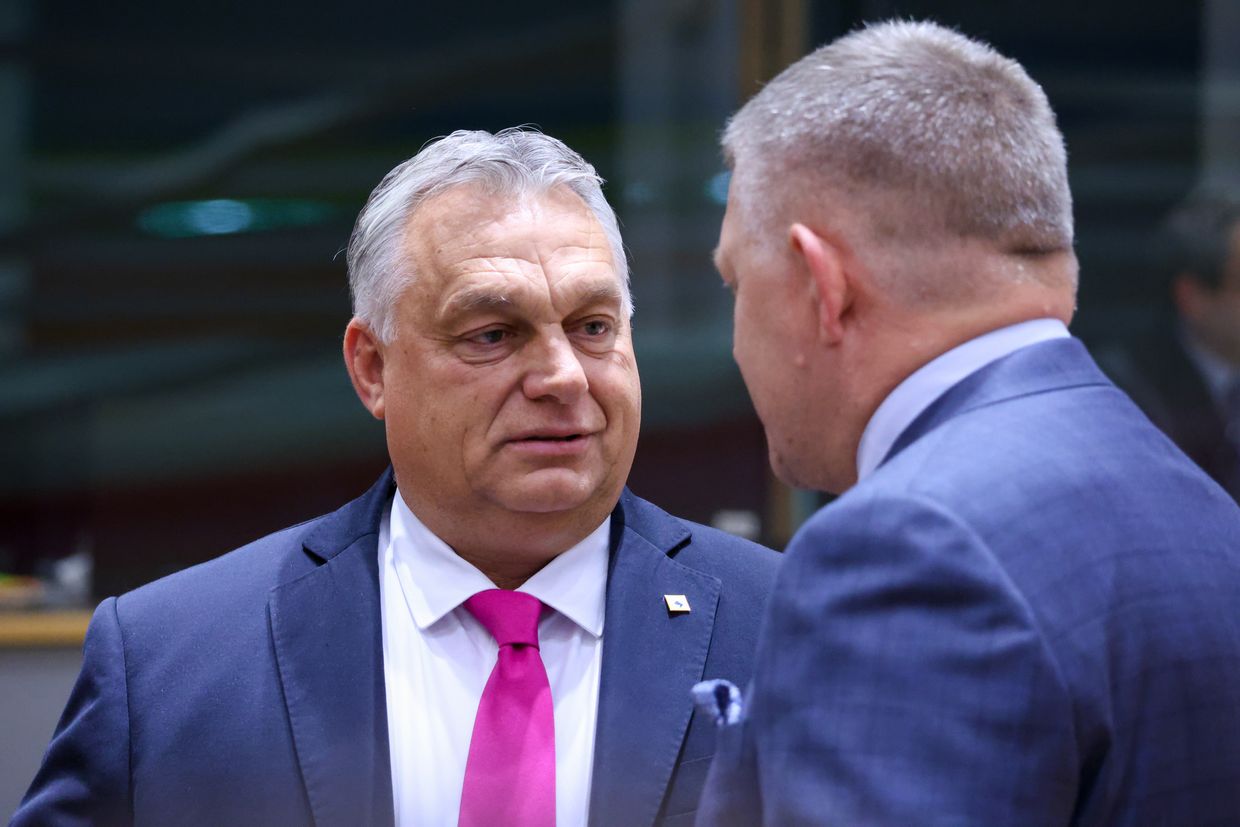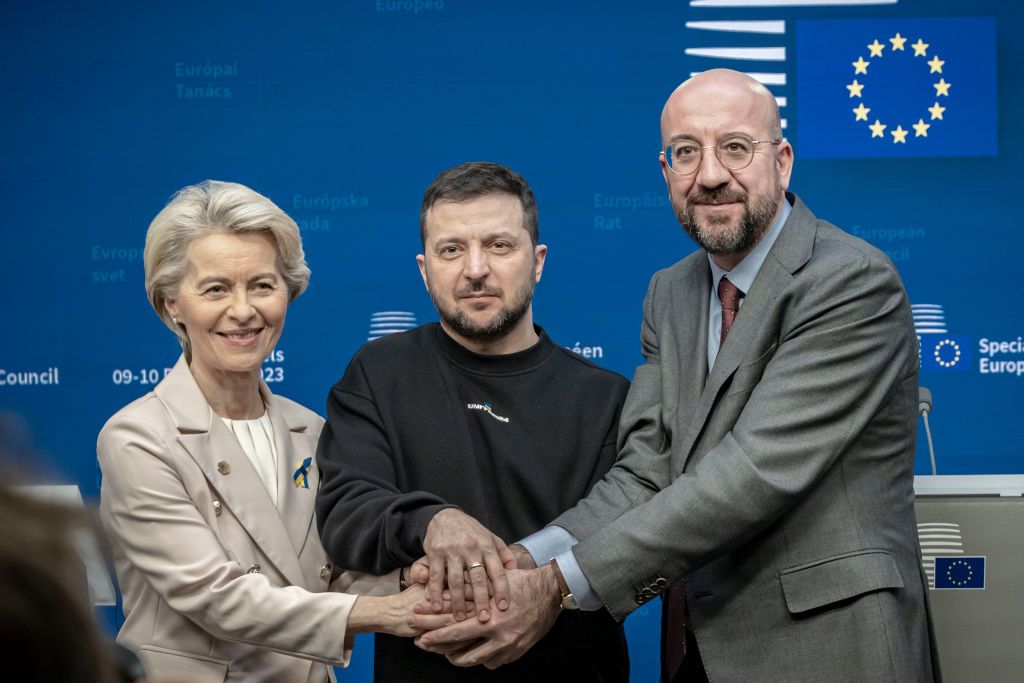Deputy PM: Ukraine will not make special accommodations for Hungarian minority

Ukraine is working individually with all countries whose minorities live on Ukrainian territory as it aims to fulfill EU accession obligations but will not make "special exceptions" for its Hungarian minority, Deputy Prime Minister for European Integration Olha Stefanishyna said in an interview with Ukrainska Pravda on Nov. 22.
Although Budapest "makes the most noise" about the Hungarian minority in Ukraine, it does not mean that the Hungarian minority necessarily faces any particularly unique issues more than other minorities living in Ukraine, Stefanishyna said.
Ukraine is working to change national laws on minority rights, especially in the sphere of education policy, to better align with European recommendations, according to the official.
However, Stefanishyna noted that other national minorities, particularly the much larger Romanian minority in Ukraine, are subject to the same language laws Budapest has so vehemently protested, but Bucharest and Kyiv have dialogue "with no such noise."
According to the 2001 Ukrainian census, the most recent one taken, 258,600 Moldovans and 151,000 Romanians lived in Ukraine, mostly in Odesa, Chernivtsi, and Zakarpattia oblasts.
The concept of the "Moldovan language" was established during Soviet times and, in practice, denoted the Cyrillic-script version of the Romanian language. Moldova was one of the republics of the Soviet Union.
Following the breakup of the USSR, the Moldovan independence declaration from 1991 named Romanian as the country's official language, while the 1994 constitution referred to the "Moldovan language." The country's President Maia Sandu signed a law in March establishing the Romanian tongue as the country's official language.
Romanian Prime Minister Marcel Ciolacu said on Oct. 18 that the Ukrainian government had agreed to stop using the phrase "Moldovan language" when referring to the language spoken by Moldovans and instead use Romanian.
The census also reported that around 150,000 Hungarians lived in Ukraine, though today, this number is thought to be no higher than 80,000.
It is unknown exactly how many Romanian speakers currently live in Ukraine.
Nonetheless, although there have previously been tensions over language policy between Kyiv and Bucharest, they have not been as pronounced as with Hungary.
The language law that has long been a source of strife between Hungary and Ukraine was instituted in 2017 and requires at least 70% of education above fifth grade to be conducted in Ukrainian.
In response to criticism, Ukraine has said that it does not intend to limit the linguistic rights of its minorities but rather to simply ensure that all Ukrainian citizens have the sufficient capability to speak the national language, Ukrainian.
Ukraine and Romania have made progress in solving the issues bilaterally, and the complaints from Budapest notwithstanding, Stefanishyna said on Nov. 7 that there was regular dialogue with Hungarian counterparts to address Hungary's concerns.
There have been allegations that Budapest is trying to weaponize the Hungarian minority issue in order to extract concessions from the EU or otherwise gain attention.
Since the start of Russia's full-scale invasion of Ukraine, Hungary has repeatedly obstructed EU funds for Kyiv while opposing sanctions against Russia. Orban, who maintains close ties with the Kremlin, has refused to provide military aid to Ukraine and claimed that Kyiv's counteroffensive was destined to fail.
In the latest demonstration of Hungary's obstructionism towards Ukraine, Politico reported on Nov. 22 that Orban wrote a letter to European Council chief Charles Michel saying that Hungary will block all future EU aid to Ukraine as well as Ukraine's accession to the bloc unless EU leaders agree to review their entire strategy of support.















